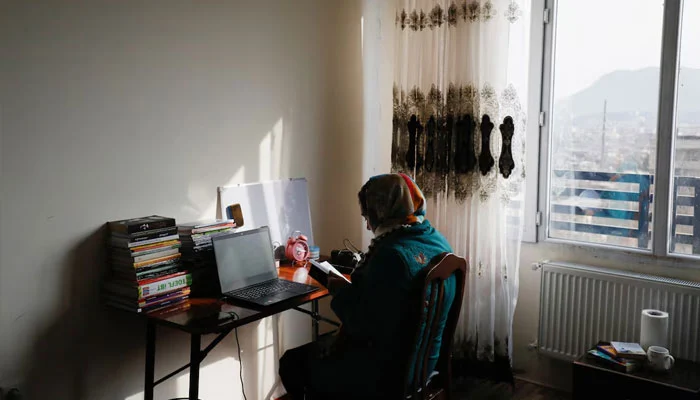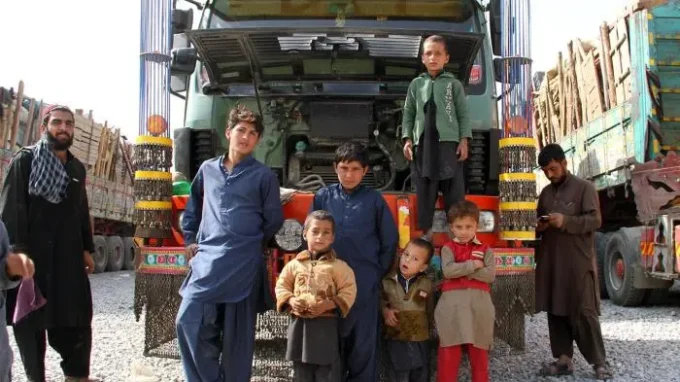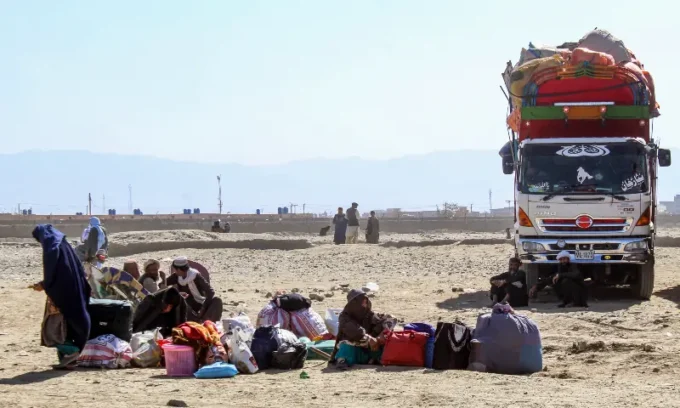MAZAR-I-SHARIF: The Taliban authorities have intensified their campaign against internet access in Afghanistan, cutting off fibre optic services in several provinces in what officials describe as an effort to curb “vice.” The sweeping move, ordered by Supreme Leader Hibatullah Akhundzada, has disrupted high-speed connectivity for tens of thousands of Afghans over the past two days, raising concerns over business, communication, and social isolation.
In Balkh province, the ban on fibre optic internet has been implemented in full, provincial spokesman Attaullah Zaid confirmed Tuesday. “This measure was taken to prevent vice, and alternative options will be put in place across the country to meet connectivity needs,” Zaid posted on social media. However, residents and businesses report that the remaining mobile phone networks are heavily disrupted, making even basic communication unreliable.
The restrictions have not been limited to Balkh. AFP correspondents reported similar shutdowns in Badakhshan and Takhar in the north, as well as in Kandahar, Helmand, Nangarhar, and Uruzgan provinces in the south. Local officials in Nangarhar suggested the policy could soon be rolled out nationwide. “Recent studies conducted in Afghanistan show that online applications have negatively affected the economic, social, cultural, and religious foundations of society and led it towards moral corruption,” provincial spokesman Qureshi Badloun said in a statement.
The ban has rattled Afghanistan’s fragile economy, already battered by years of conflict and international isolation. Fibre optic infrastructure — some 9,350 kilometers of cable built largely under US-backed governments before the Taliban takeover in 2021 — had been touted just last year as a national priority to spur growth and connect Afghanistan to global markets. For businesses dependent on international trade, the sudden blackout threatens survival.
“If these connection problems are not resolved, we will suffer great losses,” said Atta Mohammed, a marble contractor in Kandahar. “If we don’t respond to emails from our clients in Dubai and India on time, we won’t be able to continue our business. I haven’t slept a wink.” An employee of a private telecom operator in Kabul, speaking on condition of anonymity, admitted that fibre optic is the backbone of Afghan connectivity and said the industry has been left in the dark about the reasoning or duration of the ban.
Since returning to power in August 2021, the Taliban have imposed sweeping restrictions on Afghan society in line with their interpretation of Islamic law. The clampdown on internet access adds to bans on music, entertainment, women’s employment in most sectors, and female education beyond primary school. Analysts warn that the fibre optic blackout not only deepens Afghanistan’s isolation from the outside world but also risks undermining small businesses, education, and humanitarian operations that rely on digital connectivity.
The Taliban government has yet to issue a central policy statement clarifying whether the measures are temporary or permanent. In the absence of such clarity, many Afghans fear that the internet — once seen as a lifeline for trade, learning, and communication with the diaspora — could become the latest casualty of the regime’s tightening control.















Leave a comment